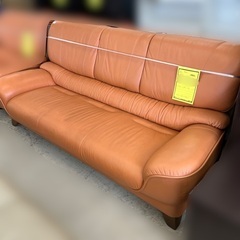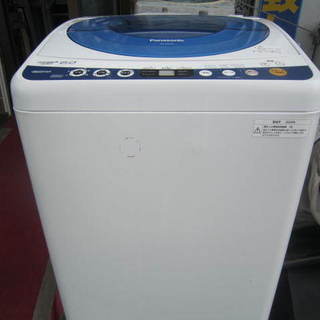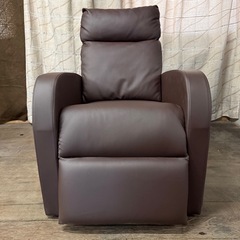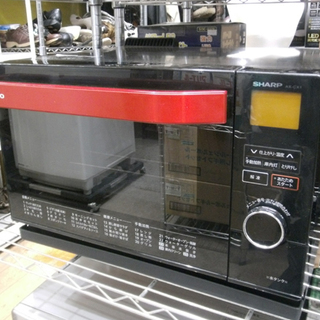
マイストア
変更
お店で受け取る
(送料無料)
配送する
納期目安:
06月14日頃のお届け予定です。
決済方法が、クレジット、代金引換の場合に限ります。その他の決済方法の場合はこちらをご確認ください。
※土・日・祝日の注文の場合や在庫状況によって、商品のお届けにお時間をいただく場合がございます。
ニューディケード マルチコンパウンド whiteout MCS-60X MIDお値下げ◆新品・未使用品 オデットエオディール Luxage ブーツ ブーティの詳細情報
Odette è Odile オデットエオディール
上位ライン Luxage
ショートブーツ
素材の切り替えと、かかとのゴールドのラインが上品さを出してくれています。
シューズの型も間違いない綺麗さです。
トゥの形と足首部分の立ち上がりが個人的に好きです。
★使用するつもりでしたので、ソールの保護ゴムを購入店のオデットにて加工してもらいました。
★そのため、すぐお使いいただけ、靴も長持ちします!
★新品・未使用品
箱はありませんが、必要であれば別の箱をおつけいたします。
●サイズ:24.0
ヒール高 8cm(一番高いかかとで)
普段24.5センチ寄りで24.0 or 24.5センチを選ぶことが多いのですが、こちらのお品は試着段階で問題ないのですが、履いてて足が痛くなりそうかなと感じたため使用せずでした。
素人の採寸ですので若干の誤差はご了承ください。
●素材:
牛革表地
一部スウェード
●状態:
新品・未使用品
●その他、注意事項:
自宅マンションにて保管していました。細かいデザインなどは写真にてご確認ください。
上位ライン Luxage
ショートブーツ
素材の切り替えと、かかとのゴールドのラインが上品さを出してくれています。
シューズの型も間違いない綺麗さです。
トゥの形と足首部分の立ち上がりが個人的に好きです。
★使用するつもりでしたので、ソールの保護ゴムを購入店のオデットにて加工してもらいました。
★そのため、すぐお使いいただけ、靴も長持ちします!
★新品・未使用品
箱はありませんが、必要であれば別の箱をおつけいたします。
●サイズ:24.0
ヒール高 8cm(一番高いかかとで)
普段24.5センチ寄りで24.0 or 24.5センチを選ぶことが多いのですが、こちらのお品は試着段階で問題ないのですが、履いてて足が痛くなりそうかなと感じたため使用せずでした。
素人の採寸ですので若干の誤差はご了承ください。
●素材:
牛革表地
一部スウェード
●状態:
新品・未使用品
●その他、注意事項:
自宅マンションにて保管していました。細かいデザインなどは写真にてご確認ください。
ベストセラーランキングです
近くの売り場の商品
カスタマーレビュー
オススメ度 4.2点
現在、4403件のレビューが投稿されています。






























